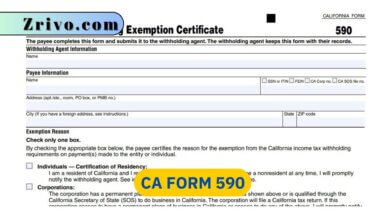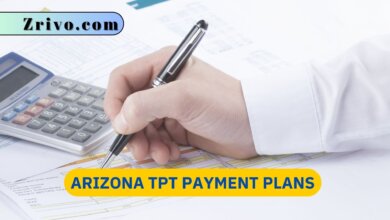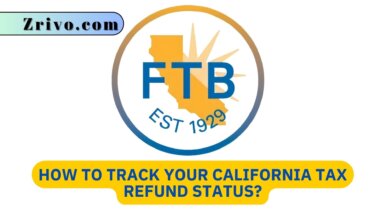Maryland Pass-Through Entity Tax 2023 - 2024
Owning and operating a business in Maryland comes with numerous responsibilities, including navigating the state's unique tax landscape. One crucial aspect for many businesses is understanding the Maryland Pass-Through Entity (PTE) Tax.

Maryland Pass-Through Entity (PTE) Tax applies to certain business structures like partnerships, S corporations, and limited liability companies (LLCs), and it’s essential to grasp its implications to ensure compliance and avoid penalties. Under Maryland law, a PTE may elect to tax its income at the entity level at the highest state individual rate (5.75% for 2023) plus the lowest county individual rate. A PTE must report its members’ pro rata share of the tax paid by the PTE on their Maryland income tax returns. The non-refundable credit equals 95% of the members’ tax liability. The Maryland Department of Revenue provides detailed information on Maryland’s PTE tax rules, withholding, forms, and other fiscal reports.
The state has several different types of business taxes. A small business owner should review information on these taxes, including the tax rates and due dates. Also, local governments may charge additional fees to businesses. For example, the City of Takoma Park charges businesses a real and personal property tax. The new Maryland pass-through entity tax is intended to work around the federal $10,000 limitation on the state and local tax deduction. It will be remitted by the PTE itself and then claimed on individual income tax returns by its members as a credit against their own taxes. Maryland Pass-Through Entity Tax Rate depends on the member type and the chosen payment method:
Mandatory Tax on Nonresident Members:
Individual members: 5.75%
Entity members: 8.25%
Entity-Level Election:
Individual members: 5.75% + lowest local income tax rate (currently 2.25%)
Entity members: 8.25%

How to File Maryland Pass-Through Entity Tax?
The PTE must file a Form 510 with the state to report its PTE tax liability. The tax must be paid quarterly. If the PTE has nonresident members, it must also file Form 511D with the state to pay any nonresident tax liability. The forms are available on the MDPay screen. In addition, the Form 510 has the option to generate an overpayment credit worksheet, the Maryland > Estimated Overpayment/Penalty worksheet. It’s a good idea to check out the help & how-to center for more information on the new tax.
Maryland Pass-through Entity Tax Due Dates
Depending on the type of business, Maryland pass-through entities may be required to make estimated tax payments. These payments must be made quarterly and should be at least 90% of the tax expected to be owed for the year. The amount of tax paid must also be at least 110 percent of the amount of tax owed for the prior year.
Pass-through entity tax returns are due on the 15th day of the fourth month following the close of the taxable year or period. Nonresident partners and shareholders must file a separate nonresident return, Form 505. Credit can be claimed on the return for any tax paid on behalf of the nonresident member by the entity.





